What are commercial decisions? Who makes them? And who doesn’t? People working in HR, finance, facilities management, or another of the many essential roles categorised as ‘support services’ might think they don’t make commercial decisions. After all, they’re not there to market or sell or manufacture or provide a service directly to the business’s customers or clients… but does that mean their decisions don’t have a commercial impact?
What is a commercial decision?
Any decision that potentially creates value for the organisation, or impacts on its goals, purpose or strategy is a commercial decision. If we adopt or adapt this definition, then clearly anyone in a business could be faced with a commercial decision (if you still think so-called support services don’t create value, I suggest you don’t share that opinion with anyone working in one!)
Another feature (hopefully) of commercial decisions is the approach taken to them. Commercial decisions are not necessarily all ‘big’ decisions but they do, by definition, affect the organisation. Consequently, the expectation is that a clear, step-by-step approach be adopted, one that considers outcomes and consequences and weighs the relevant factors.
Personal decision-making preferences
As the crowd chanted back to Monty Python’s Brian, “We’re all individuals… We are all different.” And that includes differences in how we approach and like to make decisions.
Some like to focus on the facts of the situation – what do they know, what data and information is available. Others are drawn towards the wider implications – how does the situation and decision they’re faced with connect to the bigger picture?
When it comes to weighing up the options, some of us are very logical – If we want to achieve X then we must do Y, and so on. Whereas others of us are more focused on emotions, feelings, what our instinct is telling us and how others might feel about specific options.
And yes, these are just a couple of broad dichotomies, reality is more nuanced because, “We’re all individuals… We are all different.”
All of the above perspectives are useful in decision-making as long as they are balanced and one doesn’t dominate the others. That’s where a simple decision-making framework comes in.
Stop-Think-Act
This is an abridged version of a framework we use on one of the in-house training company workshops. It’s a simple-yet-effective three-step approach that works well with commercial decisions.
STOP!
- Recognise that there is an opportunity to make a decision.
- Avoid leaping to conclusions
- Ask some initial questions:
- Is this my decision? (authority)
- Who is this going to affect? (inclusion)
- When do I need to make the decision? (timeline)
THINK!
- Context
- What is the situation?
- Why is this decision important?
- What do we need to achieve?
- What will success look like?
- Clarity
- Can it be expressed briefly and clearly (say, in two sentences)?
- Criteria
- What are the key commercial factors influencing the decision?
- How will we measure the outcome/success?
ACT!
- Identify options.
- Collect relevant data.
- Select options that a) match the identified criteria, and b) will achieve ‘success’.
- Analyse options – using logic, instinct, risk analysis…
- Make the decision.
- Plan and take action.
This kind of framework can work for any decision, of course, but the step-by-step approach is particularly apt for commercial decisions where you’re looking for some tangible business benefit which may be influenced by a wide range of factors. The result is often faster, better, well though-out decisions that make the most of commercial opportunities.
For a deeper dive into commercial decision-making, check out our workshop which can be tailored to your specific organisational needs. Or simply call us on 01582 463463. We’re here to help.









